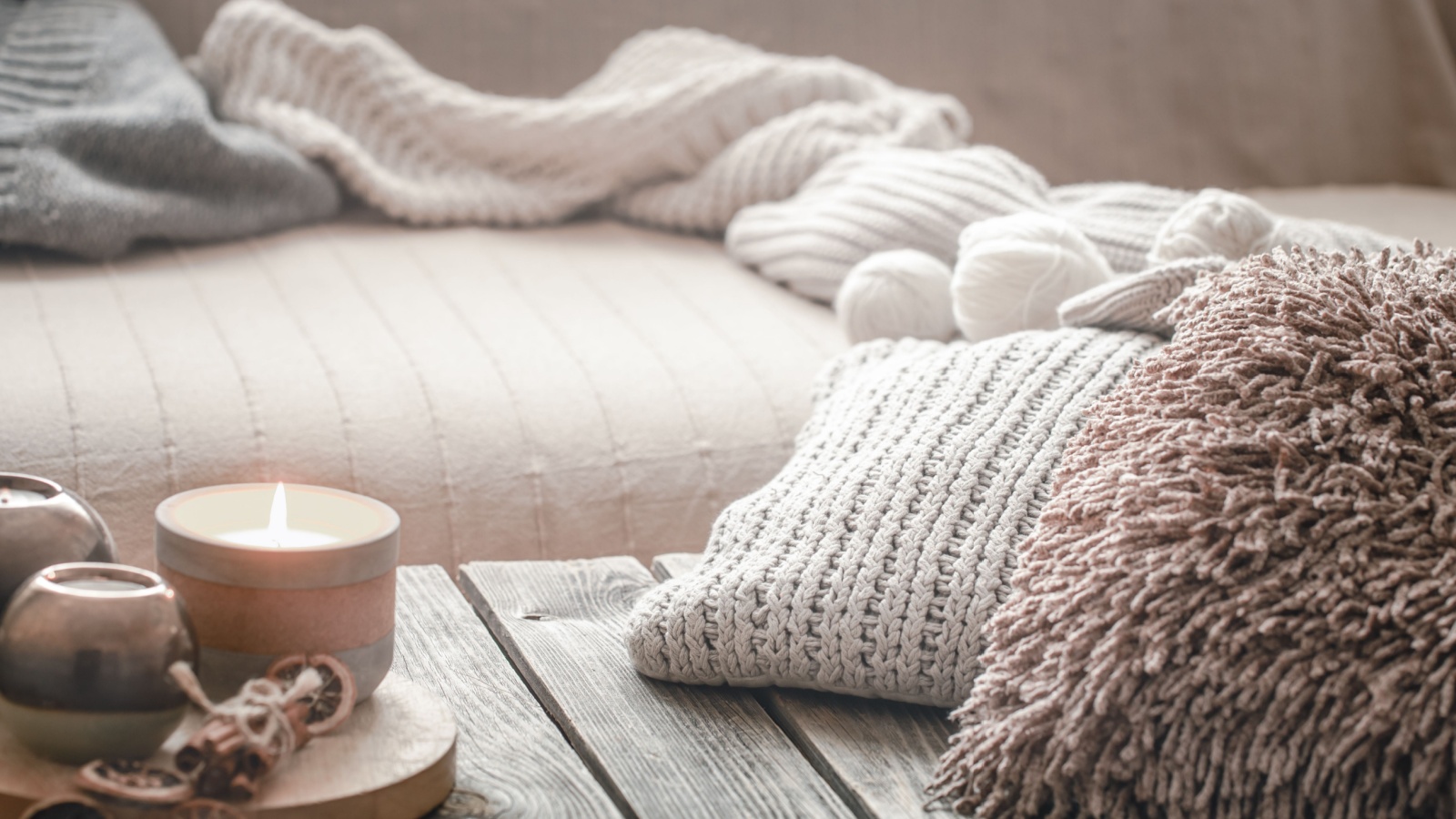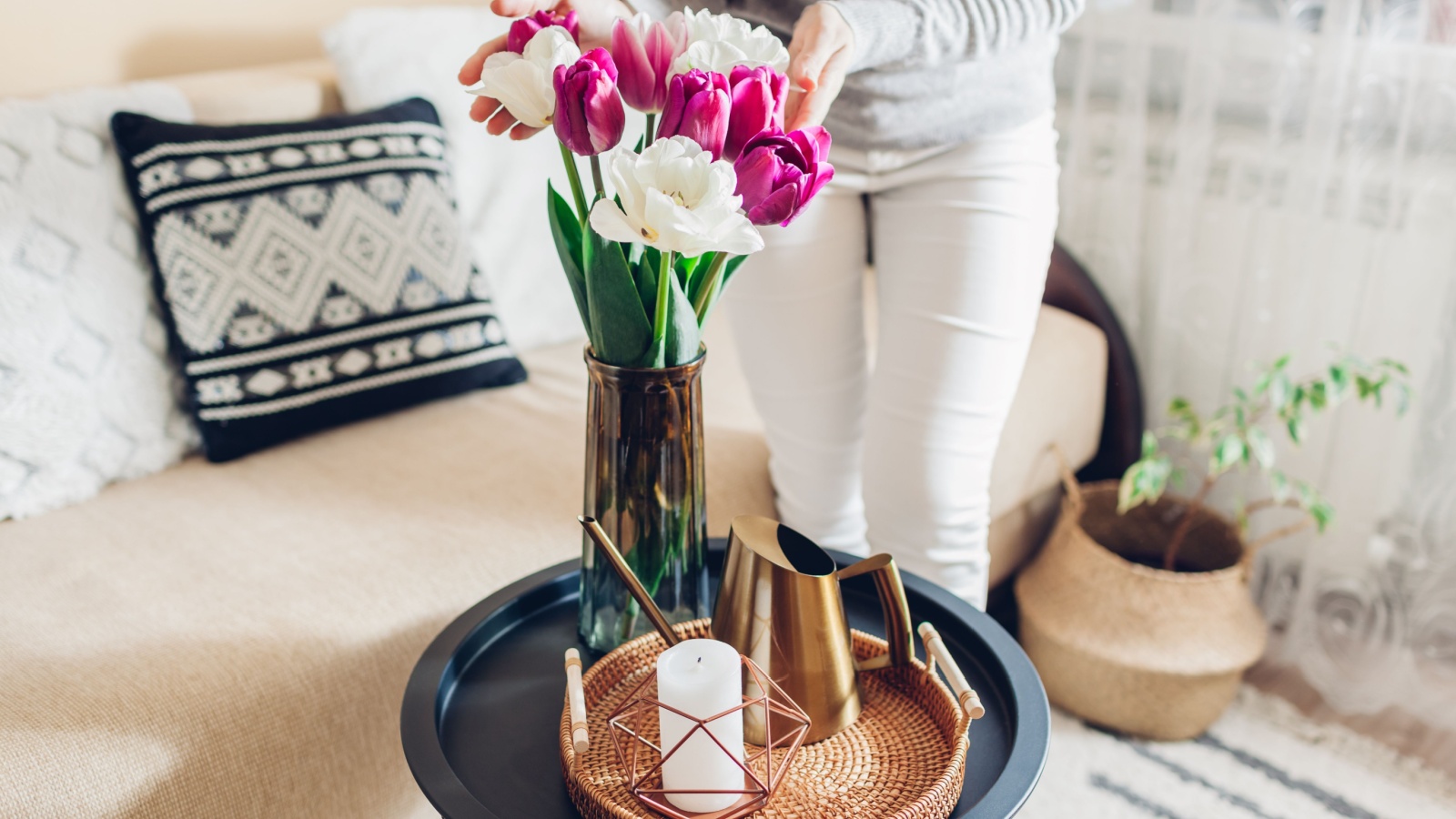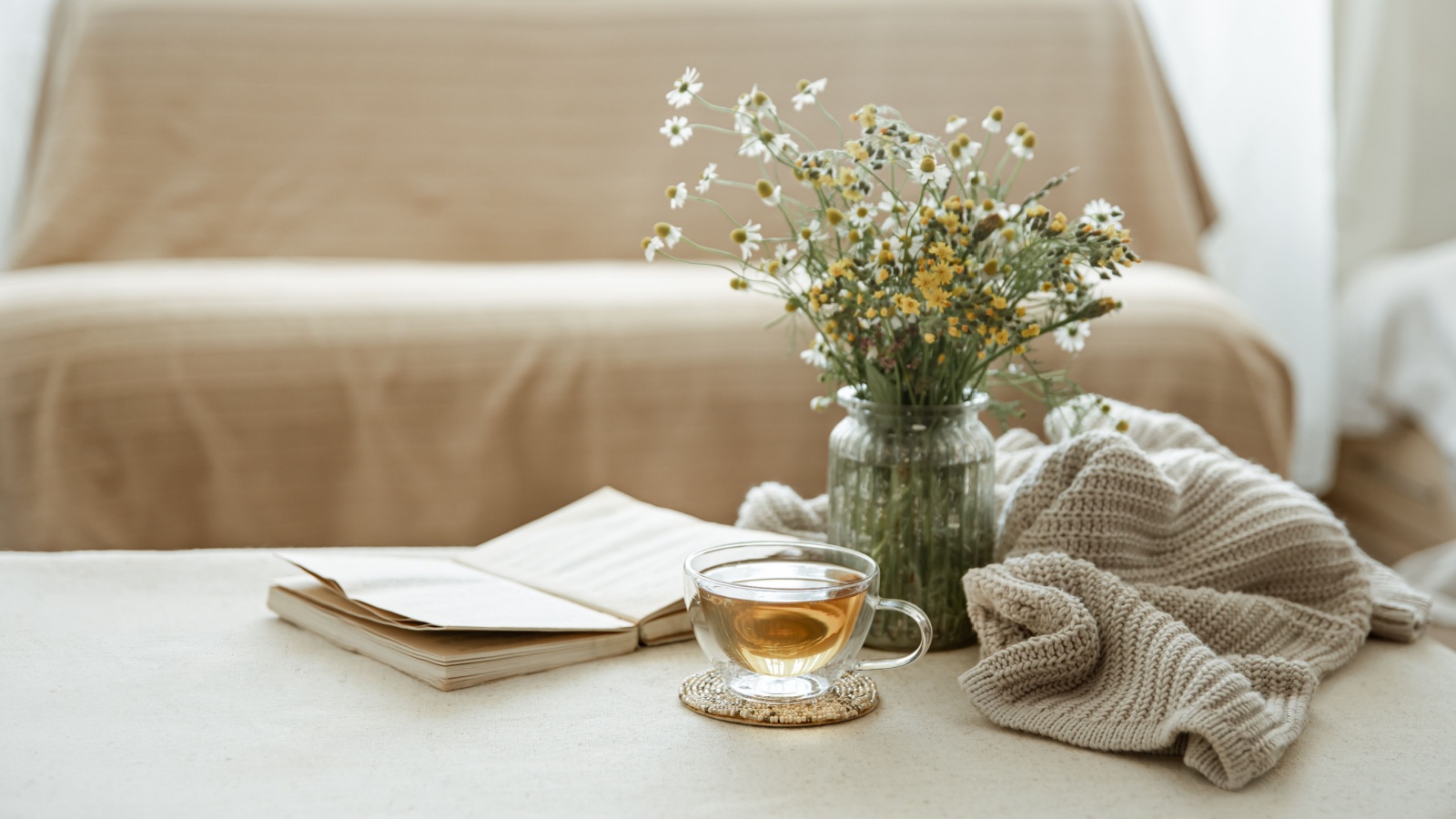Photo Credit: Shutterstock.
Over the past year, self-care has become an imperative practice in maintaining our mental and physical well-being. It’s important to prioritize ourselves in this fast-paced world. In this blog post, we’ll explore the significance of showing up for yourself and how to make self-care a top priority in your life.
Unpacking Self-Care
Your well-being is important, and taking care of yourself should be a top priority. In this chapter, we will probe into the concept of self-care and why it is crucial for leading a fulfilling and balanced life.
What Self-Care Really Means
On a surface level, self-care may seem like indulging in massages or spa days. While these activities can be part of self-care, true self-care goes beyond pampering yourself. It involves intentionally taking care of your physical, mental, and emotional well-being to ensure you are functioning at your best.
Self-care also means setting boundaries, saying no when needed, and making time for activities that bring you joy and relaxation. It is about listening to your body and mind’s needs and honoring them without guilt.
The Myths and Realities of Self-Care
The concept of self-care has been often misunderstood. The reality is that self-care is not selfish or indulgent; it is necessary for overall health and happiness. It is not just about treating yourself occasionally but about implementing daily habits that nurture your well-being.
The key is to find what truly recharges and rejuvenates you, whether it’s a walk in nature, reading a book, or spending time with loved ones. Self-care looks different for everyone, and it is important to tailor your self-care practices to suit your unique needs and preferences.
For instance, if scrolling through social media leaves you feeling drained rather than rejuvenated, then it may not be the best self-care activity for you. It’s important to be mindful of how different activities impact your well-being and adjust your habits accordingly.
The Pillars of Self-Care

Physical Well-Being
Physical self-care is crucial for overall well-being. It involves taking care of your body through proper nutrition, regular exercise, and adequate rest. Any self-care routine should include activities that promote physical health, such as going for a walk, eating nourishing meals, staying hydrated, getting enough sleep, and maintaining good personal hygiene.
When we prioritize our physical health, we are better equipped to handle the demands of daily life. Making time to move your body, fuel it with nutritious food, and provide it with sufficient rest are all ways to show yourself love and respect.
Mental and Emotional Health
Any self-care practice must also address mental and emotional well-being. Taking care of your mind and emotions can involve practices such as meditation, journaling, therapy, or engaging in activities that bring you joy and relaxation. An important aspect of mental and emotional health is being kind to yourself, practicing self-compassion, and setting healthy boundaries.
Mental and emotional self-care is about nurturing your inner world, managing stress, fostering positive thoughts, and seeking support when needed. By prioritizing your mental and emotional well-being, you are better able to cultivate resilience and navigate life’s challenges with grace.

Customizing Your Self-Care Routine
To truly prioritize self-care, it’s important to customize your self-care routine to cater to your unique needs. This involves identifying what activities, practices, and habits make you feel centered, rejuvenated, and cared for. By tailoring your self-care routine, you are taking the first step towards showing up for yourself in a way that is meaningful and sustainable.
Identifying Your Unique Needs
To start customizing your self-care routine, take some time to reflect on what you genuinely need to feel your best. Consider your physical, emotional, and mental well-being. Do you thrive on alone time, or do you recharge in the company of loved ones? Are there specific activities that bring you joy or peace? By pinpointing your unique needs, you can create a self-care plan that resonates with you on a deep level.
Your self-care routine should be a reflection of who you are and what helps you thrive. Incorporating activities that bring you fulfillment and relaxation is key to maintaining a healthy relationship with yourself. Whether it’s setting aside time for a hobby you love, practicing mindfulness, or simply taking a walk outdoors, finding ways to integrate self-care into your daily life is important for your overall well-being.
Integrating Self-Care into Your Daily Life
As you identify your unique self-care needs, you can begin to weave these practices into your daily routine. This could involve setting aside dedicated time each day for self-care activities or finding small moments throughout your day to check in with yourself and practice self-compassion. By integrating self-care into your daily life, you are prioritizing your well-being and showing yourself the care and attention you deserve.

Overcoming Obstacles to Self-Care
Many times, we find ourselves struggling to prioritize self-care due to various obstacles that come our way. Whether it’s a lack of time, feelings of guilt, or resistance to taking care of ourselves, it’s important to address these challenges head-on to ensure our well-being.
Time Management and Scheduling
For many people, the biggest obstacle to self-care is finding the time to prioritize it. With busy schedules and numerous commitments, taking care of ourselves often takes a backseat. However, by incorporating self-care activities into our daily routine and scheduling time specifically for self-care, we can ensure that we are making ourselves a priority.
Managing our time effectively and learning to say no to overcommitting ourselves can help create space for self-care. Whether it’s setting aside a few minutes each day for meditation, scheduling a weekly exercise class, or planning a relaxing weekend getaway, making time for self-care is imperative for our overall well-being.
Dealing with Guilt and Resistance
One common obstacle to practicing self-care is the feelings of guilt and resistance that can arise when we prioritize ourselves. It’s important to recognize that self-care is not selfish but necessary for our mental, emotional, and physical health. By reframing self-care as a vital practice for self-preservation, we can overcome these negative feelings.
Many of us struggle with feelings of guilt when taking time for ourselves, feeling like we should always be doing something productive for others. However, it’s imperative to remember that we cannot pour from an empty cup. By taking care of ourselves, we are better able to show up fully for others in our lives.
Management of time and setting boundaries with others can help alleviate guilt and resistance to self-care. By communicating our needs clearly and establishing healthy boundaries, we can ensure that we have the space and time to prioritize our well-being without feeling guilty.
Nurturing Relationships and Social Self-Care

Prioritizing Positive Connections
Positive relationships are important for our well-being. Prioritizing positive connections means surrounding yourself with people who uplift and support you. These relationships should bring out the best in you, provide encouragement, and offer a safe space for you to express yourself.
Cultivating positive connections involves investing time and effort into nurturing these relationships. It’s about being present, showing empathy, and actively listening to those you care about. By prioritizing positive connections, you create a support system that strengthens your mental and emotional resilience.
Setting Boundaries in Relationships
Setting boundaries in relationships is crucial for maintaining healthy dynamics. Boundaries help define acceptable behaviors, protect your mental and emotional well-being, and ensure mutual respect in relationships. By communicating your needs and limits clearly, you establish a foundation for healthy interactions.
For instance, setting boundaries can include expressing your preferences, saying no when necessary, and addressing any behaviors that make you uncomfortable. When boundaries are respected, it fosters a sense of safety and trust within your relationships, leading to more meaningful connections.
The Importance of Community
Social connections play a significant role in our overall happiness and well-being. Being part of a community allows you to feel supported, share experiences, and foster a sense of belonging. Whether it’s through friendships, family, or social groups, having a community provides a network of individuals who understand, validate, and celebrate your journey.
To enhance your social self-care, consider engaging in activities or joining groups that align with your interests and values. Building a community of like-minded individuals can create a sense of camaraderie and mutual support, enriching your life with meaningful connections.

Self-Care for the Soul
Now more than ever, it’s important to prioritize self-care for your soul. This means taking the time to nourish and nurture your inner self, finding activities that bring you joy and fulfillment. Self-care for the soul involves activities that uplift your spirit, spark your creativity, and bring a sense of peace and balance to your life.
Pursuing Passions and Hobbies
One way to practice self-care for your soul is by pursuing passions and hobbies that ignite a sense of excitement and purpose within you. Whether it’s painting, writing, dancing, or gardening, make time for activities that bring you joy and allow you to fully express yourself. Engaging in activities that bring you genuine pleasure can help reduce stress, increase happiness, and enhance your overall well-being.
An necessary aspect of self-care for the soul is embracing creativity and play. When you allow yourself the freedom to create and explore without judgment, you tap into a wellspring of inspiration and innovation. Creative expression can be a powerful form of self-discovery and self-expression, helping you connect with your innermost thoughts and feelings in a meaningful and transformative way.
Plus, embracing creativity and play doesn’t have to be limited to traditional artistic pursuits. It can also involve trying out new experiences, learning new skills, or simply allowing yourself to have fun without any specific agenda. The key is to let go of expectations and allow yourself the space to be present in the moment, enjoying the process rather than focusing on the outcome.
Reflecting and Maintaining Progress

Tracking Your Self-Care Journey
All progress starts with taking the first step. Tracking your self-care journey can help you stay accountable and motivated. Reflect on your daily, weekly, or monthly self-care activities. Did you prioritize self-care? How did it make you feel? By jotting down your experiences, you can identify patterns and see what works best for you. This self-reflection can guide you towards more effective self-care practices.
Celebrating Milestones and Adjusting as Needed
Any journey towards self-care is filled with milestones both big and small. Celebrate each milestone you achieve along the way. Whether it’s consistently meditating for a week or setting boundaries with others, acknowledge and celebrate your progress. At the same time, be open to adjusting your self-care routine as needed. Life is ever-changing, and your self-care practices may need to evolve with it. Stay flexible and prioritize what serves you best in each moment.
Milestones: Celebrating your progress is imperative. It not only boosts your confidence but also reinforces the importance of self-care in your life. Do not forget, self-care is not a one-size-fits-all approach. Embrace the journey and be proud of how far you’ve come.
Celebrating: Do not forget, self-care is a journey, not a destination. Celebrate your wins, no matter how small they may seem. Treat yourself to something special, take a moment to appreciate your efforts, and continue showing up for yourself. You deserve it!

Conclusion
Ultimately, prioritizing self-care is important for overall well-being and happiness. By showing up for yourself and making self-care a priority, you are better equipped to handle the challenges and stresses of daily life. It is important to remember that taking care of yourself is not selfish, but rather necessary in order to be your best self for both yourself and those around you.
So make self-care a priority in your daily routine, whether it’s through practicing self-love, setting boundaries, or engaging in activities that bring you joy. Keep in mind, you deserve to be taken care of just as much as anyone else in your life. By showing up for yourself, you are not only investing in your own well-being, but also setting an example for others to do the same.









